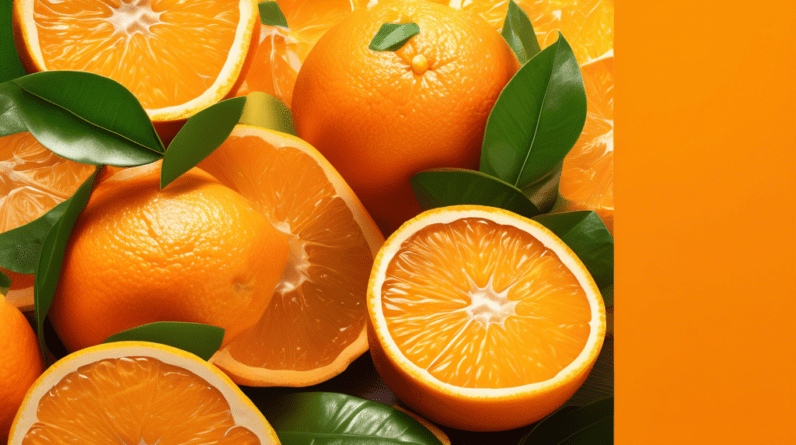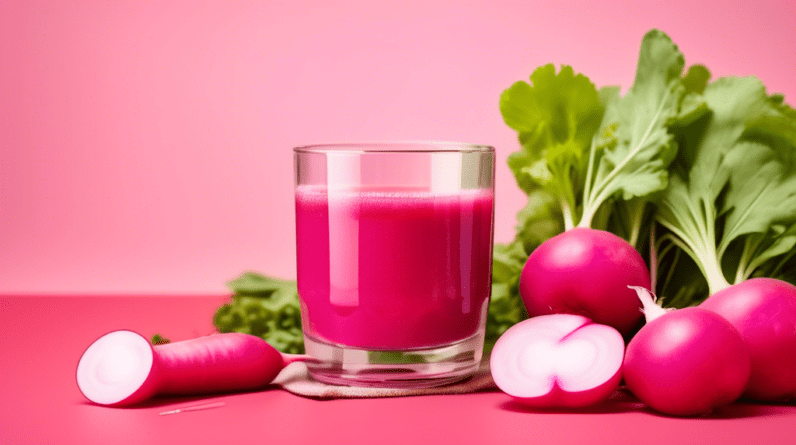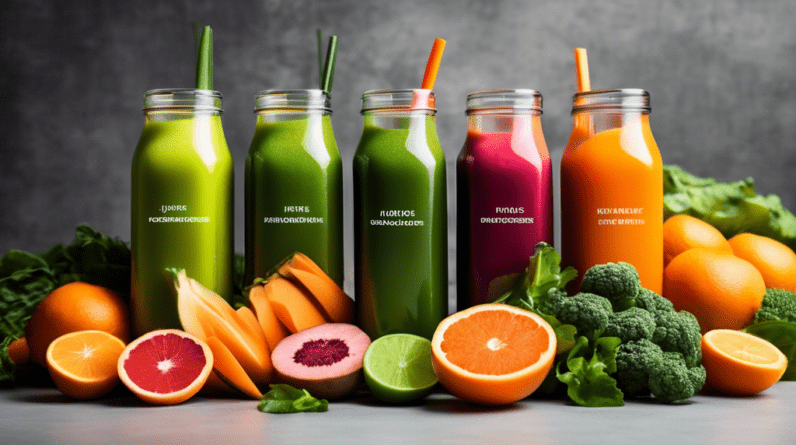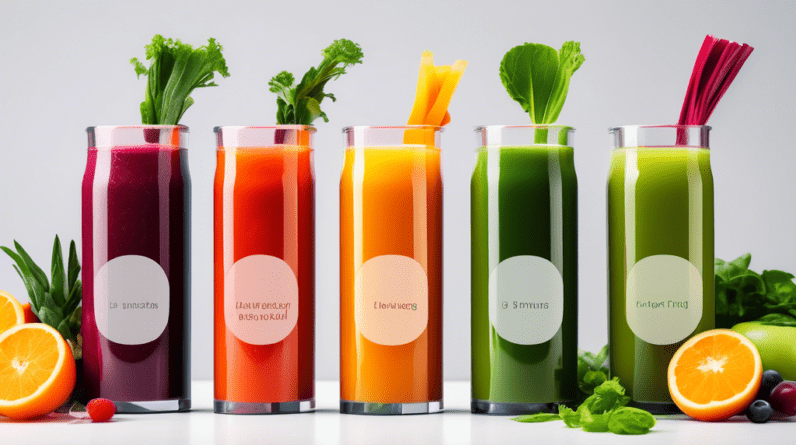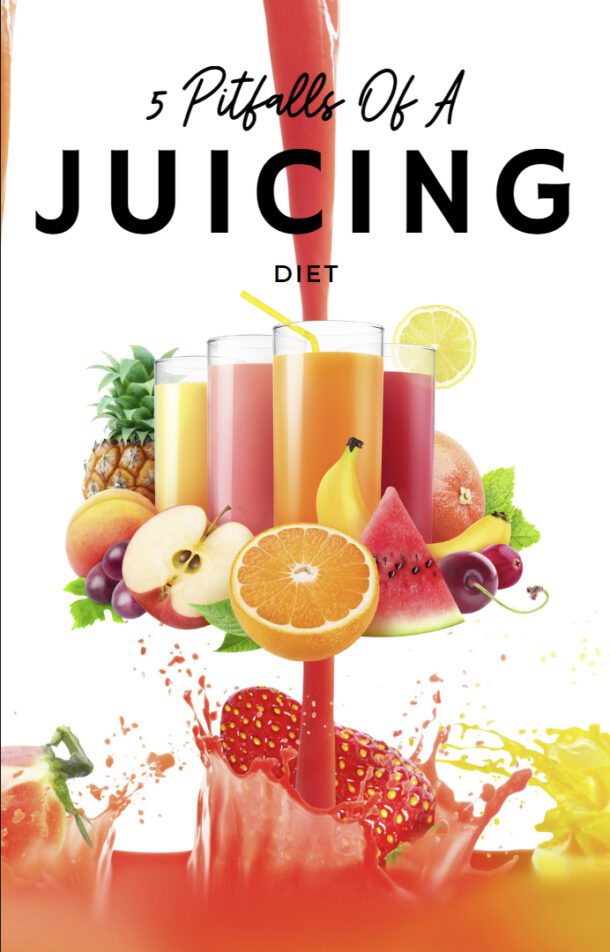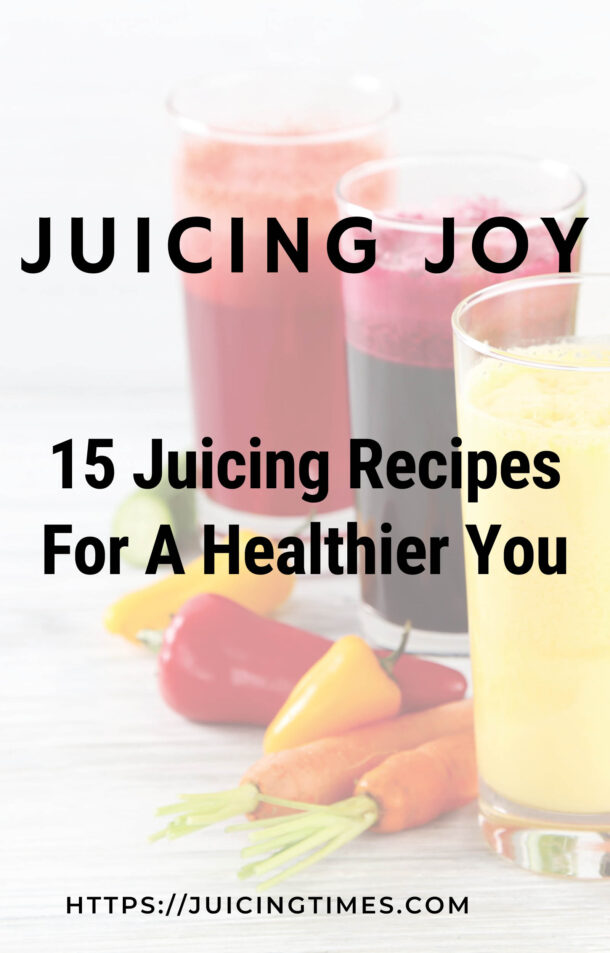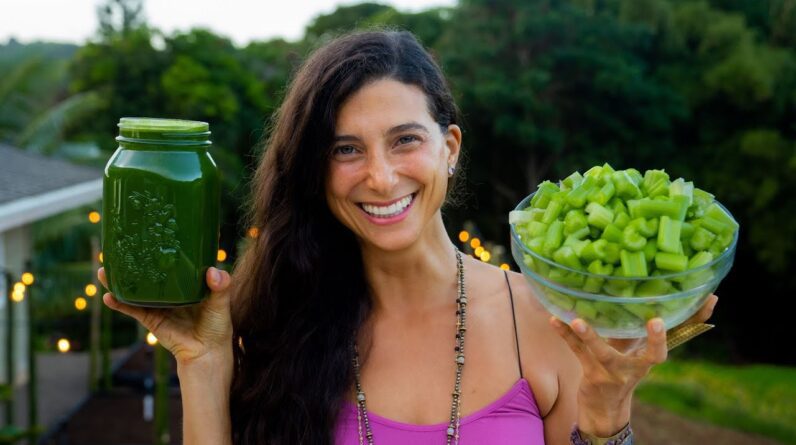
For those new to juicing, it can be a bit overwhelming trying to figure out how to get started. Here are a few tips to help you get started on your juicing journey!
1. Choose a juicer that fits your budget and needs. There are a variety of juicers on the market, so do your research to find the best one for you.
2. Buy fresh, organic fruits and vegetables for juicing. This will ensure that you are getting the most nutrients possible from your juice.
3. Start with simple recipes. There are tons of great juicing recipes out there, but it can be helpful to start with something simple until you get the hang of it.
4. Drink your juice right away. Juice is best when it is fresh, so try to drink it as soon as possible after you make it.
5. Clean your juicer properly. Juicers can be a bit of a pain to clean, but it is important to do so after each use to prevent the build-up of bacteria.
Introduction
If you’re interested in juicing but don’t know where to start, this guide is for you. We’ll cover the basics of juicing, including what to look for in a juicer, how to choose the best fruits and vegetables for juicing, and how to get started with some simple juice recipes.
There are a few different types of juicers to choose from, but the two most popular are centrifugal juicers and masticating juicers. Centrifugal juicers are the most affordable and are great for juicing fruits and vegetables with a high water content, like grapes, oranges, and tomatoes. Masticating juicers are more expensive but are better for juicing leafy greens and wheatgrass, and can also be used to make nut milk, sorbet, and baby food.
When it comes to fruits and vegetables, there are no hard and fast rules about what to juice and what not to juice. However, some fruits and vegetables are better suited for juicing than others. For example, citrus fruits like oranges and lemons are great for juicing because they have a high water content and are packed with nutrients. Leafy greens like spinach and kale are also great for juicing, as they are low in sugar and high in vitamins, minerals, and antioxidants.
To get started, try juicing a mix of fruits and vegetables that you enjoy eating. For example, you could juice an orange, a carrot, and a handful of spinach. Or, you could juice a grapefruit, a celery stalk, and a cucumber. Once you get the hang of juicing, you can experiment with different flavor combinations to find what you like best.
The Benefits of Juicing
Juicing is a great way to make sure you’re getting all of the nutrients and vitamins you need on a daily basis. It’s also a quick and easy way to get your daily dose of fruits and vegetables. While there are many benefits of juicing, some of the most notable benefits include:
1. Juicing is an easy way to consume more fruits and vegetables.
2. Juicing can help you absorb more nutrients and vitamins.
3. Juicing can boost your immune system.
4. Juicing can help you detoxify your body.
5. Juicing can help you lose weight.
If you’re looking for a quick and easy way to improve your health, juicing is a great option. With so many benefits, it’s no wonder that juicing has become so popular in recent years.
The Best Fruits and Vegetables for Juicing
There are a wide variety of fruits and vegetables that can be used for juicing, and each offers its own unique flavor and nutritional benefits. When choosing fruits and vegetables for juicing, it is important to consider the overall taste of the juice as well as the nutritional content.
Some of the best fruits for juicing include apples, oranges, grapefruits, and lemons. These fruits are all high in Vitamin C and antioxidants, and they provide a refreshing and tart flavor to the juice. Other great fruits for juicing include watermelons, cantaloupes, and honeydews. These fruits are all very high in water content, making them perfect for creating a refreshing and hydrating juice.
Some of the best vegetables for juicing include carrots, celery, beets, and kale. These vegetables are all high in vitamins and minerals, and they provide a wide range of health benefits. Other great vegetables for juicing include cucumbers, spinach, and broccoli. These vegetables are all very low in calories, making them perfect for those who are trying to lose weight or maintain a healthy weight.
How to Make Your Own Juice
Making your own juice is a great way to get all the nutrients your body needs in a delicious and convenient way. All you need is a juicer, some fresh fruits and vegetables, and a little bit of time.
To get started, Wash your fruits and vegetables thoroughly to remove any dirt or bacteria. Cut them into pieces that will fit easily into your juicer’s feeder chute. If you’re using a centrifugal juicer, alternate between hard and soft ingredients to prevent the juicer from getting clogged.
Once everything is prepped, start juicing! Juice the fruits and vegetables in any order you like, and feel free to experiment with different combinations to find flavors you love. If you’re not going to drink your juice right away, store it in an airtight container in the fridge for up to 24 hours.
Enjoy your delicious homemade juice!
Tips for Juicing Success
When it comes to juicing, there are a few things you need to keep in mind in order to be successful. First and foremost, you need to have a good quality juicer. This is important because a good juicer will be able to extract more juice from your fruits and vegetables, which means you’ll get more nutrients.
Another important tip is to make sure you’re using fresh produce. This is because produce that is past its prime will not only be less nutritious, but it will also be more difficult to juice. You’ll also want to make sure you’re using a variety of fruits and vegetables in your juices. This is important because it will ensure you’re getting a wide range of nutrients.
Finally, it’s important to drink your juice as soon as possible after you make it. This is because juice starts to lose its nutrients as soon as it’s made. So, if you want to get the most out of your juice, make sure you drink it right away.
FAQs About Juicing
If you’re new to juicing, you may have some questions about how to get started. Here are some of the most frequently asked questions about juicing, along with some tips and advice to help you get started.
What kind of juicer should I buy?
There are many different types of juicers on the market, from simple hand-held juicers to more complicated juicing machines. If you’re just getting started with juicing, you may want to start with a simple hand-held juicer to see if you like it before investing in a more expensive juicing machine.
What kind of fruits and vegetables can I juice?
Almost any fruit or vegetable can be juiced, but some are better suited for juicing than others. Soft fruits like berries and grapes are easy to juice, while harder fruits and vegetables like carrots and apples may require a little more prep work.
How do I prepare my fruits and vegetables for juicing?
Wash your fruits and vegetables thoroughly before juicing. For harder fruits and vegetables, you may need to peel or chop them into smaller pieces before juicing.
Can I juice any kind of fruit or vegetable?
Yes, almost any fruit or vegetable can be juiced. However, some fruits and vegetables are better suited for juicing than others. Soft fruits like berries and grapes are easy to juice, while harder fruits and vegetables like carrots and apples may require a little more prep work.
What are the benefits of juicing?
Juicing is a great way to get your daily recommended intake of fruits and vegetables. Juicing can also help you increase your intake of vitamins, minerals, and antioxidants.
What are some of the best fruits and vegetables for juicing?
Some of the best fruits and vegetables for juicing include carrots, apples, oranges, spinach, and kale.
Can I juice frozen fruits and vegetables?
Yes, you can juice frozen fruits and vegetables. Just be sure to thaw them first so they’re easier to juice.
What are some of the best juicing recipes?
There are many great juicing recipes available online
Highlights In The Article
How To Make Juice For Beginners?
How To Make Vape Juice For Beginners?
How To Make Green Juice For Beginners?

